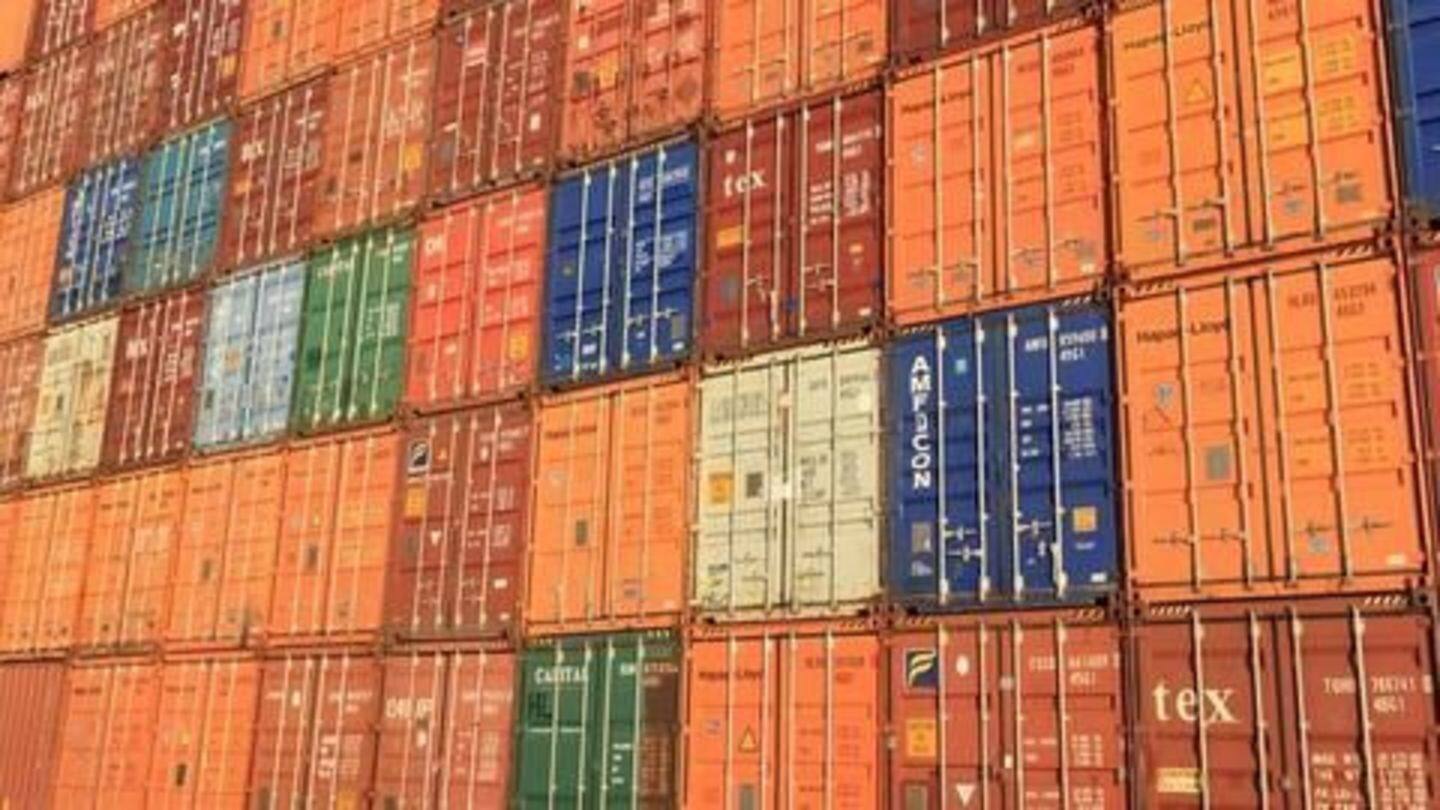
No more Brazilian meat: says China, EU
What's the story
Following accusations of improprieties in Brazilian meat industry, countries including China, EU and South Korea announced restrictions curtailing Brazilian meat imports.
This move has come despite President Tenner's emergency meetings with foreign diplomats and assurances of quality.
The government attempted to downplay the scandal saying that the plants implicated only constitute a tiny part of Brazil's meat sector.
17 Mar 2017
Brazilian Police launches "Operation Weak Flesh"
After a two year long investigation against corruption, the Brazilian Federal Police launched massive raids against meat processors accused of bribing food safety regulators.
This is the newest operation in Brazil's crackdown on corruption. An official statement noted that this was "the Federal Police's largest search-and-raid operation ever".
Carrying out raids across 194 locations, more than 30 companies have been accused of unhygienic practices.
18 Mar 2017
Brazilian Police investigation unravels corruption in Meat Industry
The investigation into corruption in meat industry implicated industry giants, BRF and JBS of using chemicals and selling expired meat.
Accusing corruption, the investigators noted that the bribe money had been channelled to the two major political parties in Brazil, the Progressive Party (PP) and President Michael Temer's Brazilian Democratic Movement Party (PMDB).
Authorities warned that this could tarnish Brazil's image in the industry.
Data
A "meaty" country
Brazil is the world's largest exporter of red meat and poultry. It exports meat worth more than $12 billion per year. Constituting one of the largest sectors of the economy, it did not get hit by the two year recession.
Consequences
What could happen?
China, EU, South Korea and Chile imported nearly one third of Brazilian meat products in 2016. Brazil is likely to suffer. The scandal could negatively impact the acceptability of the product across the world.
The scandal could affect share values of meatpacking companies. BRF could be negatively impacted on account of its large share of physical operations in Brazil.